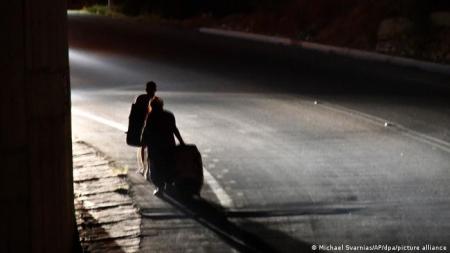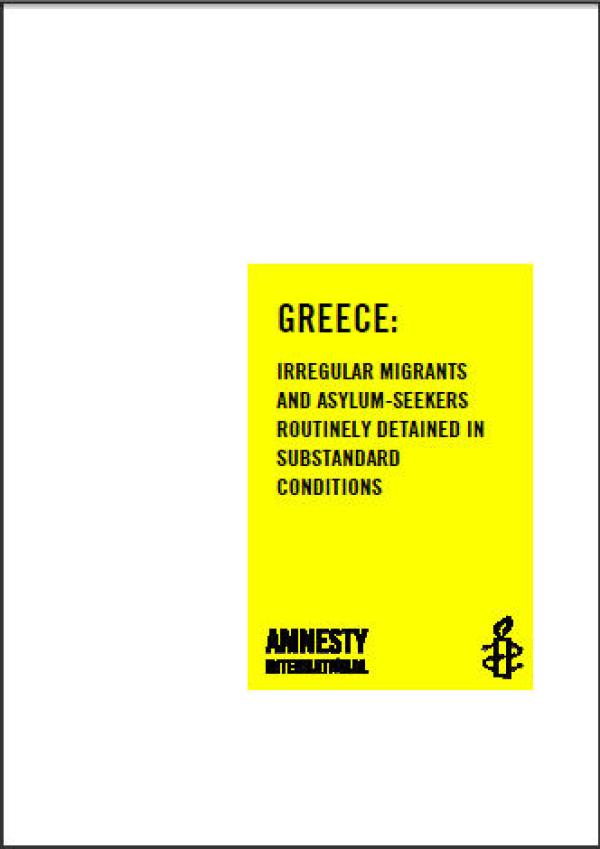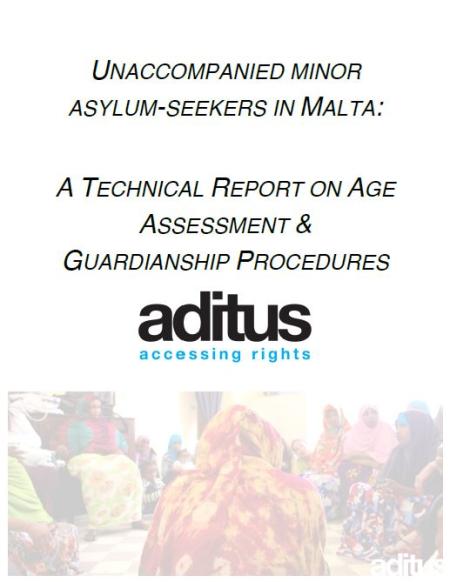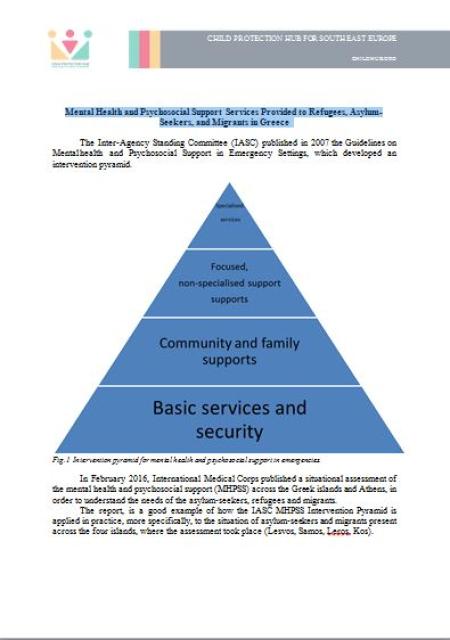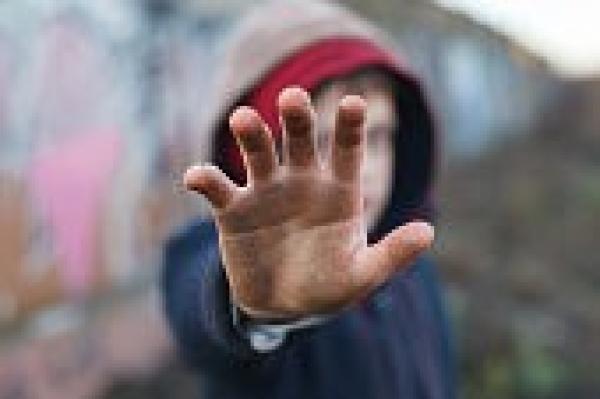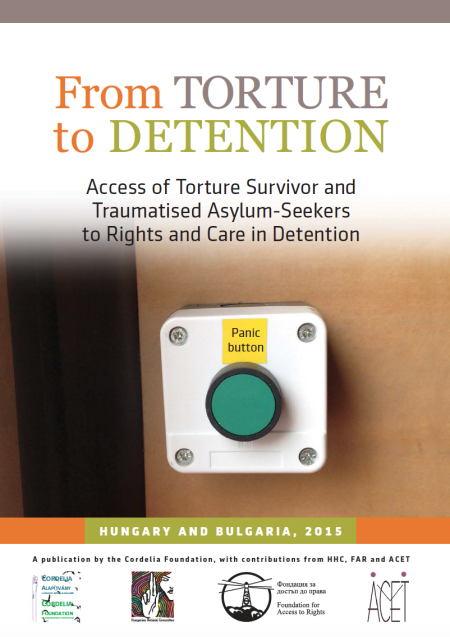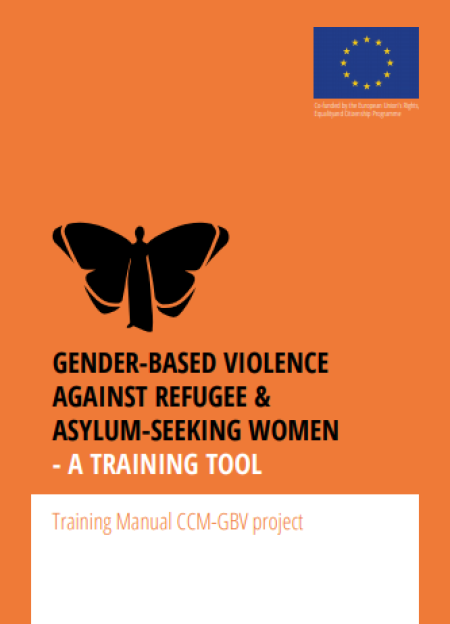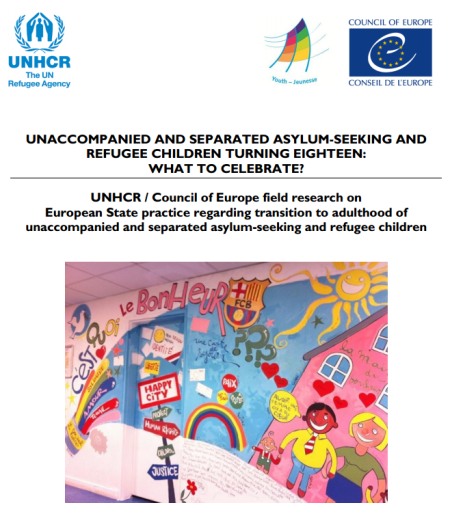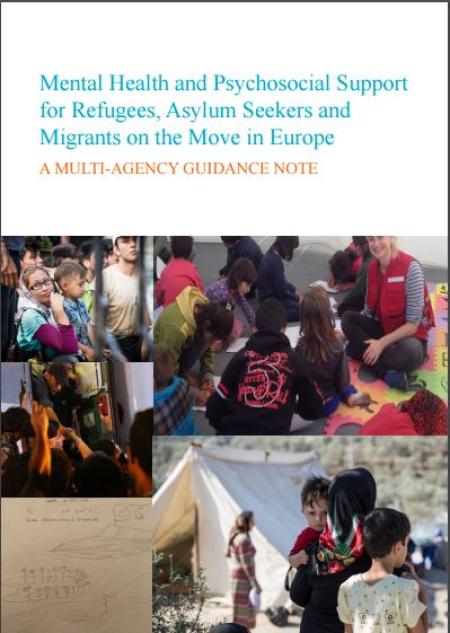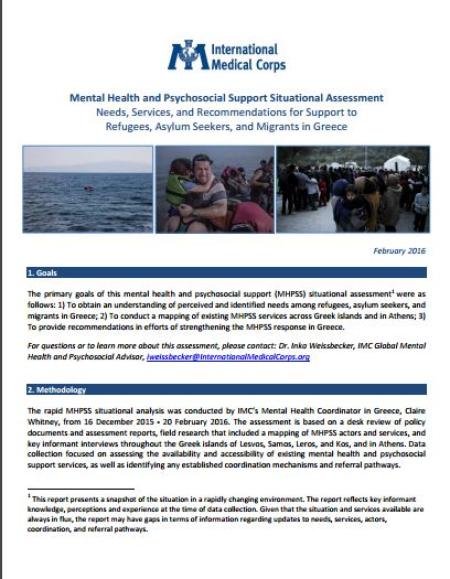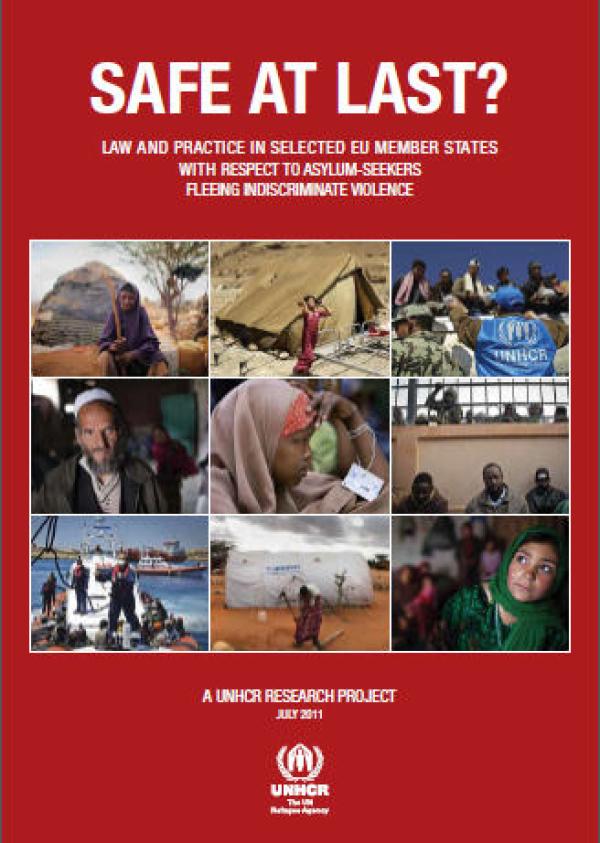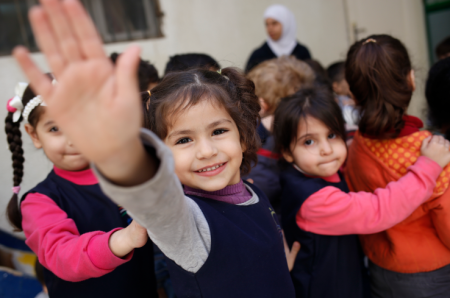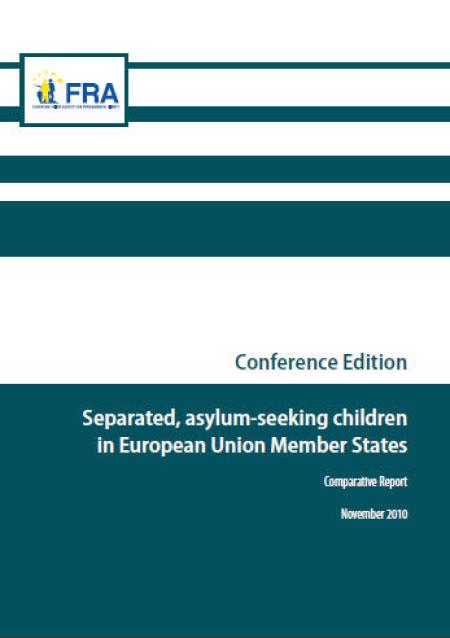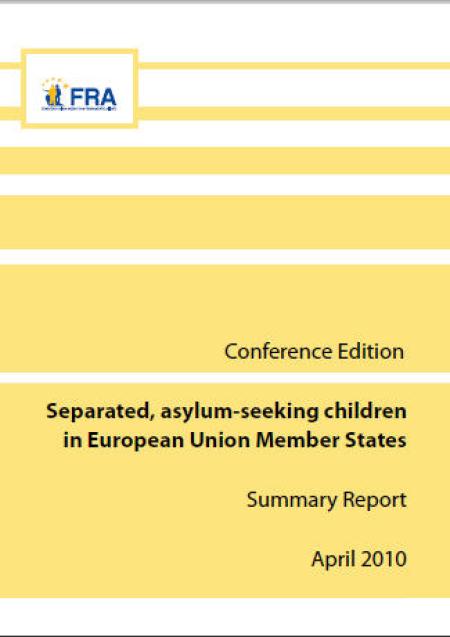
Integration is the exception
The European Union has repeatedly criticized the Greek government for the obstacles to the social integration of refugees and migrants and has urged it to provide more opportunities.
According to the narrative of a young man from Pakistan, he had been working in a clothing factory since the age of 13 in his country of origin and in November 2018 he arrived in Greece as an unaccompanied minors, as his life was at risk because of his ethnic group. At first, he was homeless in Athens, until the police arrested him and transferred him from one camp to another. With the help of humanitarian organizations he managed to apply for asylum and found accommodation in Thessaloniki. In Thessaloniki he came into contact with the Greek-German aid organization Naomi, where he started working in a textile workshop with good working conditions. Programs like Naomi's are an exception in the country as government programs are pretty much non-existent.
"It is becoming clearer and clearer to me that Greek policy is to deter refugees." said Dorothee Vakalis, the German-born Naomi director.
Deportations and secret prisons
According to the German news magazine Der Spiegel and the Forensic Architecture research initiative, several cases of migrants being pushed back at the Greek-Turkish borders, physically abused and detained in prisons have been reported.
Those who manage to seek asylum are no better off
According to a letter published at the end of October by several humanitarian organisations, 60% of residents (recognised refugees and those whose asylum applications were rejected) in camps in Greece no longer have access to financial or material assistance. As a result, many decide to travel to Western Europe, where they submit a second asylum application. Despite the fact that the second asylum claim is illegal, several German courts have not allowed refugees to return to Greece due to the difficult living conditions.
Access to the asylum application is made more difficult
Mobile Info Team, an aid organisation based in Thessaloniki, has strongly criticised Athens' refugee and migrant policy. There are long delays in scheduling appointments to apply for asylumn and in some cases Asylum Offices are very difficult to access.


